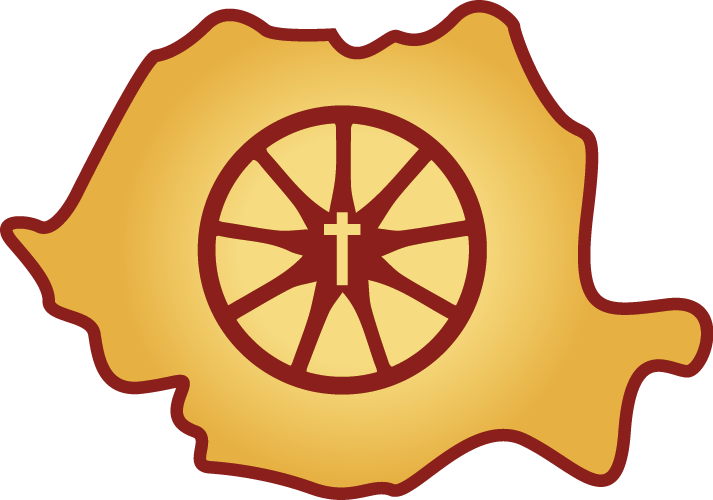About Romania
Political
Romania was formed in 1862 through the combination of Wallachia and Moldavia. In 1878, it was recognised as one independent country. After the turmoil of World War I, having aligned with the Allied Powers, Romania gained further territories, including Transylvania. In World War II, the country sided with the Axis Powers, invading the USSR with the Germans in 1941. An armistice was agreed with the Soviets after three years, when the Soviets stormed the country. The Soviet rule after World War II established communism in the people’s republic in 1947, with the king abdicating.
After Nicolae Ceausescu rose to dictator in 1965, he ruled the country for decades as a Securitate police state. The conditions under the Communist dictator deteriorated up ‘til the late 1980’s, climaxing with a revolution in 1989. Although Ceausescu and his wife were tried and executed the same day on Christmas Day, 1989, Communists continued to hold some power through to the mid 1990’s. After the revolution, Romania became a part of NATO in 2004, and the EU in 2007.
Geographical
With an area of almost 240,000 sq km, Romania includes a variety of landscapes between the lower Danube River on the West and the Black Sea to the East. Including plains, hills and Balkan Mountains, many mineral and agricultural resources are found in Romania. The time spent under Communism also saw an increase in industrialisation. Further economic restructuring has been linked to increasing foreign investment, but unemployment remains a problem. As some workers have found employment in other countries, some local skills have seen shortages, in services and agriculture.
Population & statistics
According to the United Nations, the population of Romania is approximately 19.5 million as of October 2017. Migration and historical border changes have contributed to pockets of ethnic diversity within Romania. Approximately 87% of the population is Romanian, approximately 7% Hungarian, along with smaller groups of Turkish, Slav and others. Rroma account for between half a million and three million people, estimated at 3.8% of the population. Up to 23 different languages are spoken within Romania.
Religion & worldview
Romania is a secular state, despite the prominence of the Orthodox Church. After the religious persecution under Communist rule, there is still some general opposition to religious freedom. A law from more recent years controls the registration of denominations and charities, as well as limiting evangelism. However, Romania remains relatively open to evangelism and has seen growth in the evangelical population despite the varied opposition.
In addition to the legacy of Communist atheism, there are elements of nominalism, legalism, hypocrisy, and slander that have influenced people’s worldviews. These along with folk religious practices, the occult, and superstitions all contribute to a complicated reception of God’s Word. Much prayer is needed that God would awaken this people and draw them to Himself.
Missions
Many mission programs quickly sprang up after Communism fell. International workers planted churches, trying to spread God’s love. Many workers and programs were gone within a few years, but many continue, even now, working to reach the lost in Romania. Some of these continuing churches and ministries are now run by Romanians and Rroma. Prayer is needed for the strengthening, unifying, and equipping of these ministries, particularly in a cross-cultural context.
Humanity
As the recovery from Communist rule continues, social, humanitarian and moral hurdles are faced constantly within Romania. Common challenges include substance abuse, prostitution, human trafficking, pornography, cyber-crime, and inadequacy of child welfare. Around three quarters of pregnancies are estimated to end in abortion. Government corruption has led to widespread unemployment and financial instability, which in turn has contributed to the level of poverty. Power struggles and division within the government continue, causing shortfalls and inadequacies in government services. These effects can be seen in the health care, police, education, and legal systems among others.
Prayer is needed for wise leadership both in local communities and at a national level, particularly for church and ministry leaders reaching out those enduring these many concerns, often with inadequate training and resources. Prayer is needed for Romanian and Rroma Christians to remain in the country, building up and transforming their own nation.
Resources:
- Operation World: The Definitive Prayer Guide to Every Nation; 7th ed; Biblica Publishing; 2010 by Jason Mandryk.
- www.worldometres.info/world-population/romania-population/
- www.cia.gov/library/publications/the-world-factbook/geos/ro.html
